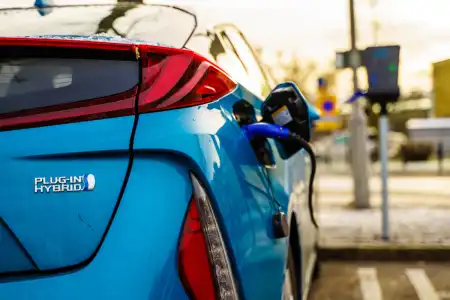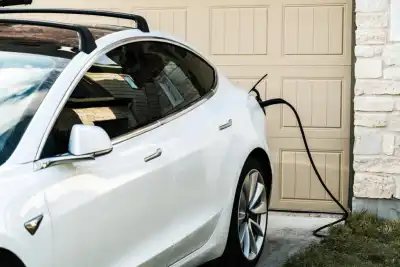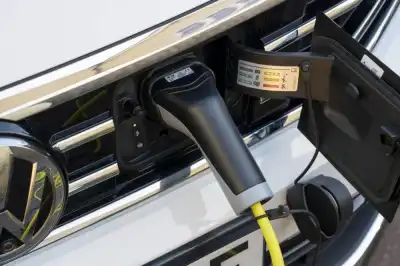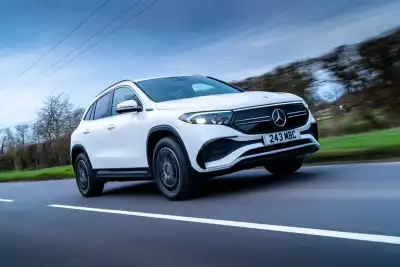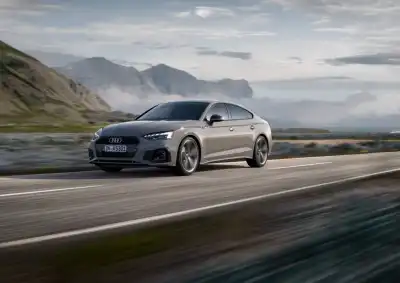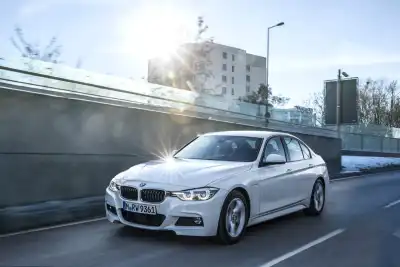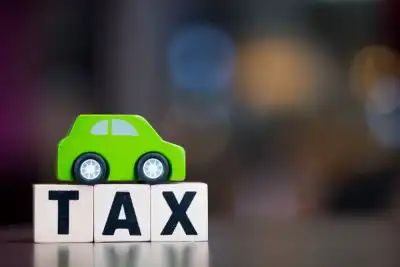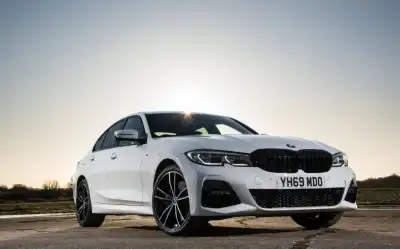
Find the best deals for Company Cars with Regit
Save time and money. Let Regit find the best company car for you
Frequently Asked Questions
A company car is widely viewed as one of the best perks with any job but there are tax implications you must consider as it’s not the complete freebie you might have thought it was.
If you use your company car for private use, and that includes commuting, it’s viewed by HMRC as a Benefit-in-Kind (BIK) and is, therefore, taxable.
The cash value of the car is added to your salary and then a tax payable figure is then taken off the final sum. For many people, this could raise your rate of tax it pushes you into the above threshold.
As an employee, you tax is calculated using the following formula: (P11D value) x (BiK band) x (tax bracket).
Your P11D value is the sum of its list price, cost of delivery, VAT and any optional extras (but doesn’t include road tax or first-year registration fees).
This is multiplied by a Benefit-in-Kind (BiK) band percentage, which is determined by its CO2 emissions.
The final figure you will pay is worked out by multiplying the above by your income tax band. For example, if the P11D value of your car is £25,000, it’s a zero emission vehicle (1% tax) and you’re in the 20% tax bracket in England and Wales (Bracket 2), you will pay £50.
£25,000 X 0.001 X 2 = £50
Plug in hybrids (PHEVs) have a lower tax band than regular hybrids and are in substantially lower bands than vehicles that are powered solely by petrol or diesel.
The amount of tax a company will pay depends on the P11D value of the car (see above) and its CO2 emissions. Ultimately, a low value car with zero emissions will pay minimal tax.
If a hybrid emits 1-50g/km then it will be in the second lowest emissions bracket. In today’s market it’s only PHEVs that achieve this low emissions standard and not regular hybrids. Theoretically, PHEVs could qualify for the lowest (0g emissions) bracket, but in order to do so, they must have an electric range of >130 miles. There is no PHEV on the market which is close to achieving this in 2021.
HRMC states that a company car that is used for any private purpose, including commuting, qualifies as a Benefit-in-Kind (BiK).
Read our guide to work out how much tax you will pay or use the official HMRC tax calculator.
A salary sacrifice car scheme is where an employee gives up a percentage of their gross salary in order to save on tax and national insurance.
The proportion of the salary that is sacrificed is used by the company to lease a car on the employee’s behalf. The car will still be subjected to Benefit-in-Kind tax but the sum of this is almost always lower than the collective sum of income tax and National Insurance that is being saved.
A salary sacrifice car also comes with less restrictions on how it can be used when compared to company or benefit cars.
Fully electric company cars are in the lowest emissions bracket and therefore are exempt from Vehicle Excise Duty (car tax) but you will still have to pay Benefit-in-Kind (BiK) tax as the employee.
The BiK rate for zero emission company cars increased from 0% to 1% in April 2021 so car tax bills will still be minimal.
To work out how much car tax you will pay, used the following formula: (P11D value) x (BiK band) x (tax bracket).
